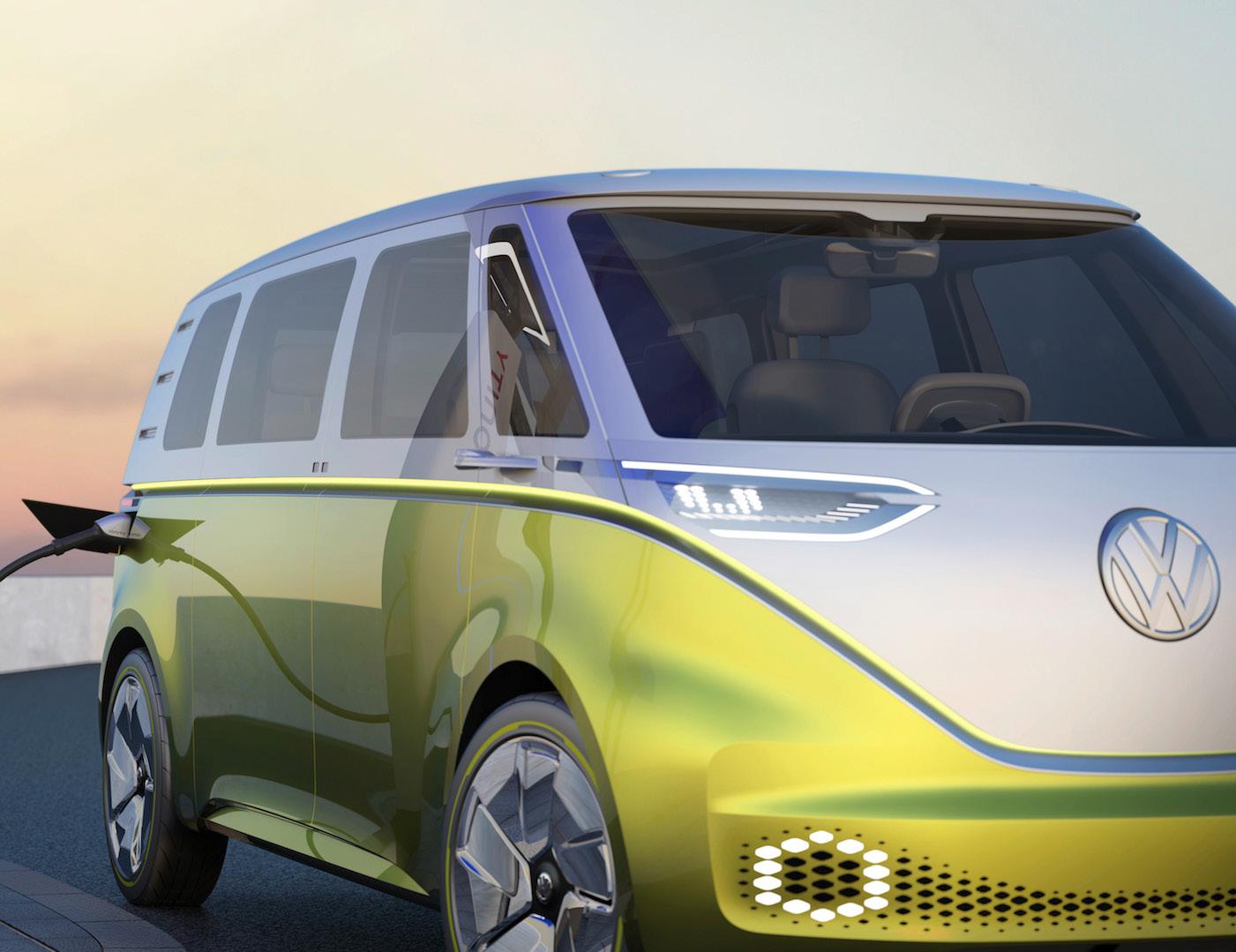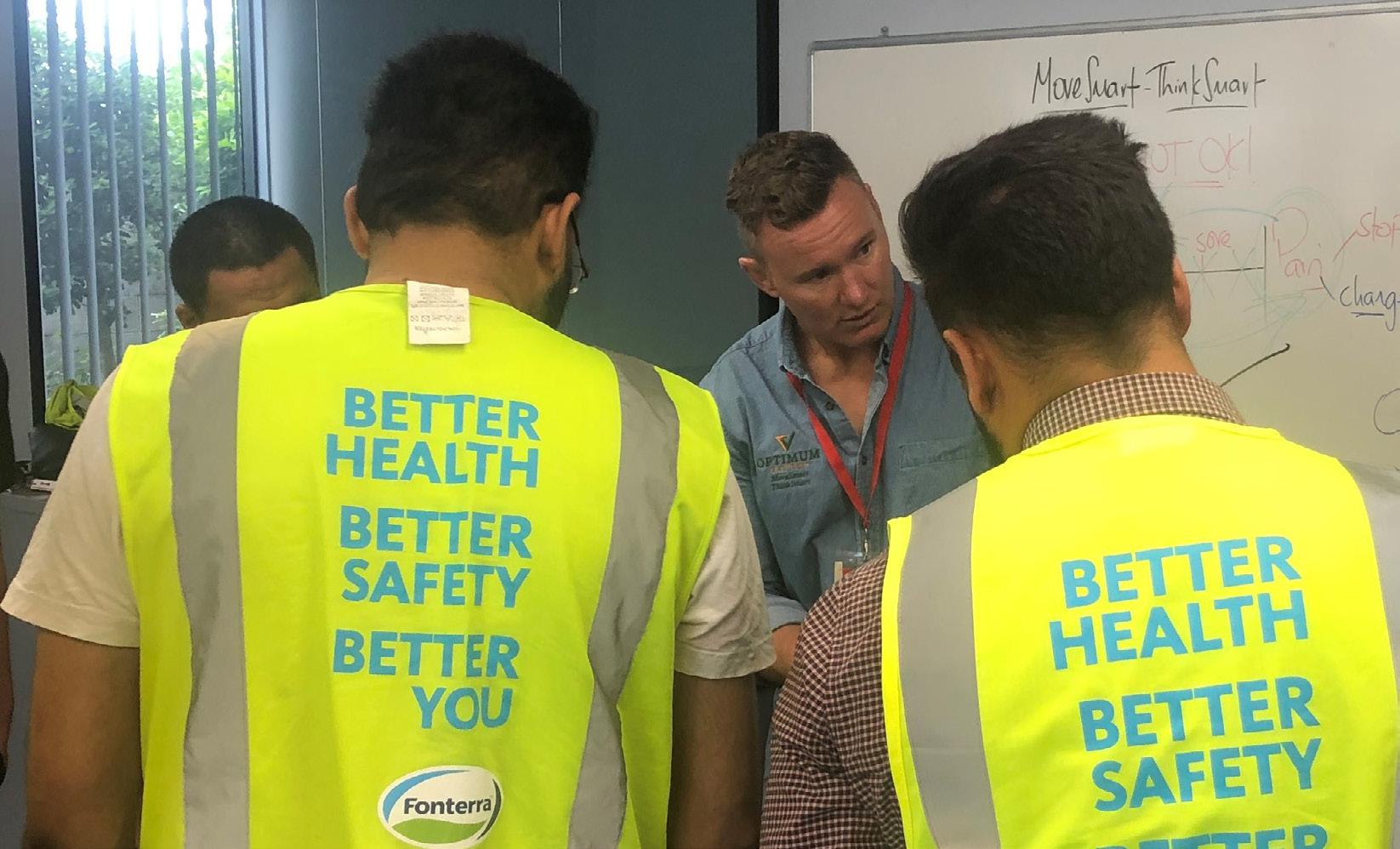
2 minute read
Electric vehicles poised for mass acceptance as majors enter the market
april - may 2021 Volkswagen goes electric with cheaper, more efficient batteries
Better and cheaper batteries, improved range and reliability, and a fear of missing out on a sea change in the automotive industry are driving more and more manufacturers to up their electric car production
Advertisement
The industry leaders are fast approaching the production of a critical mass to be able to offer buyers a kind of “vehicular herd immunity” from over-priced, over hyped and under-performing new offerings.
Volkswagen is in the midst of a major shift towards battery-powered cars and says that it wants to have six battery-cell factories operating in Europe by 2030.
The Germany based group is by far the biggest automaker in Europe and the second biggest in the world, manufacturing over 10 million cars per year. On average, Volkswagen says, it will drive down the cost of battery systems to significantly below $119 per kilowatt hour which “will finally make e-mobility affordable and the dominant drive technology.”
“E-mobility has become core business for us,” Chief Executive Herbert Diess told those gathered for Volkswagen’s Power Day, which also featured the leaders of BP, Enel and Iberdrola in an effort to match some of the buzz of Tesla’s Battery Day last September.
“Our transformation will be fast, it will be unprecedented.”
The company plans to build half a dozen battery-cell plants in Europe and expand infrastructure for charging electric vehicles globally, accelerating efforts to overtake competitor Tesla and speed up mass adoption of battery-powered cars.
In what is one of the most ambitious programmes in the industry, Volkswagen says the European factories will have a joint production capacity of up to 240 gigawatt hours (GWh) a year,
Volkswagen did not specifically say how much the plan will cost but had released information last December that it planned to spend more than US$40 billion on e-mobility by 2025.
Volkswagen is also working on a major expansion

of charging infrastructure, a lack of which is still seen as a big barrier to the mass adoption of battery-powered cars.
Via existing efforts and partnerships with oil major BP as well as top European utilities Enel and Iberdrola, Volkswagen aims to operate about 18,000 public fastcharging points in Europe by 2025.
In North America, Volkswagen targets 3,500 fast-charging points by the end of 2021. In China, the world’s largest car market, the group aims for 17,000 by 2025.
Volkswagen last year acquired more than a quarter of China based battery maker Guoxuan High-tech Co and has plans to sell more than two million electric vehicles a year by 2030.
Volkswagen unveiled plans to have a new unified prismatic battery cell from 2023, which will support cost cuts generated by the higher level of in-house cell production and could impact its current suppliers.
Electric vehicle makers, including Tesla, are using cylindrical battery cells, which resemble flashlight batteries and are relatively inexpensive and easy to manufacture.
Prismatic cells, which resemble a thin hardcover book, are housed in a rectangular metal case and are more expensive.
Pouch cells, another alternative, are thinner and lighter, and resemble a flexible metal mailing envelope.
Iconic brands which Volkswagen owns











